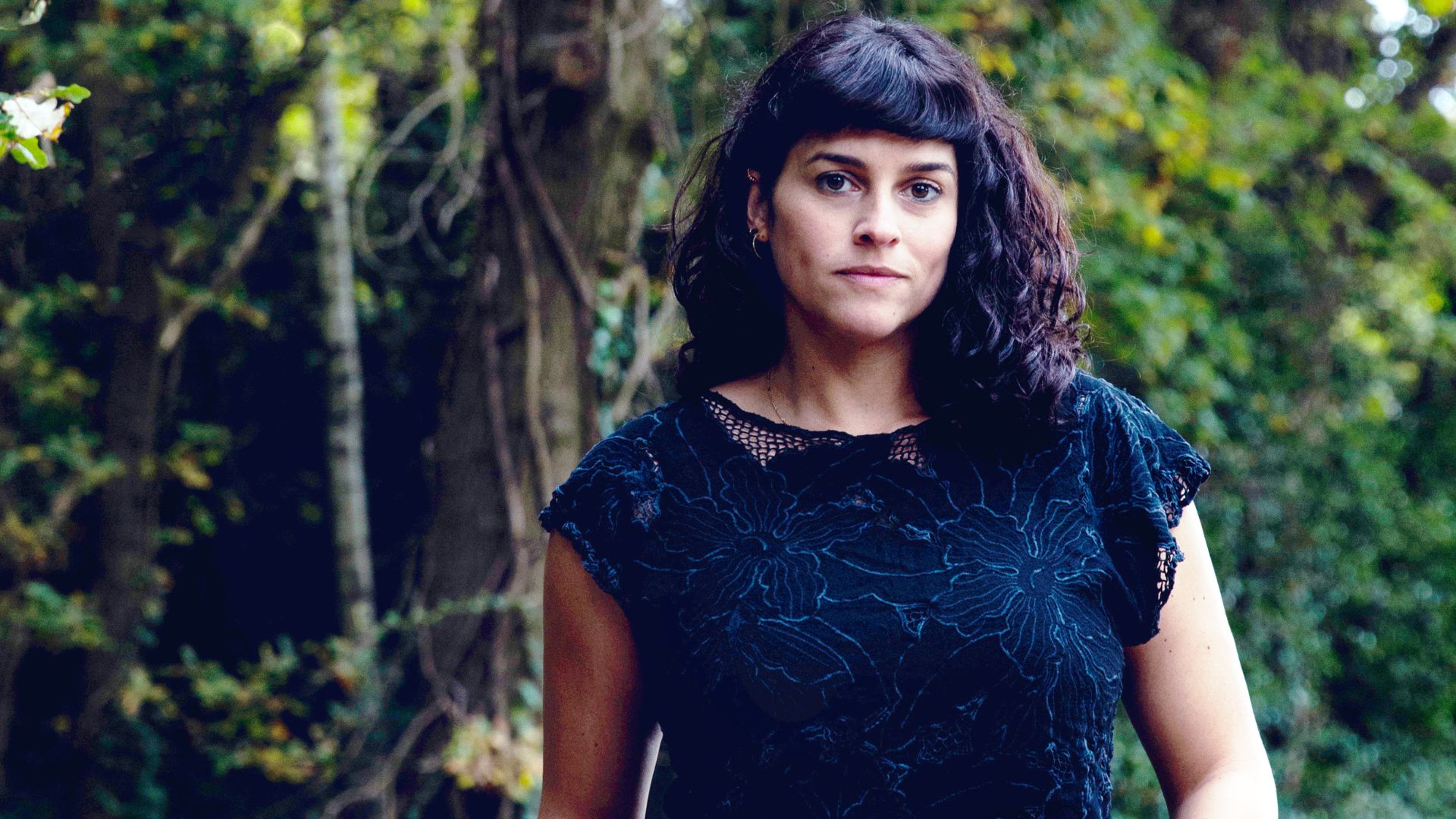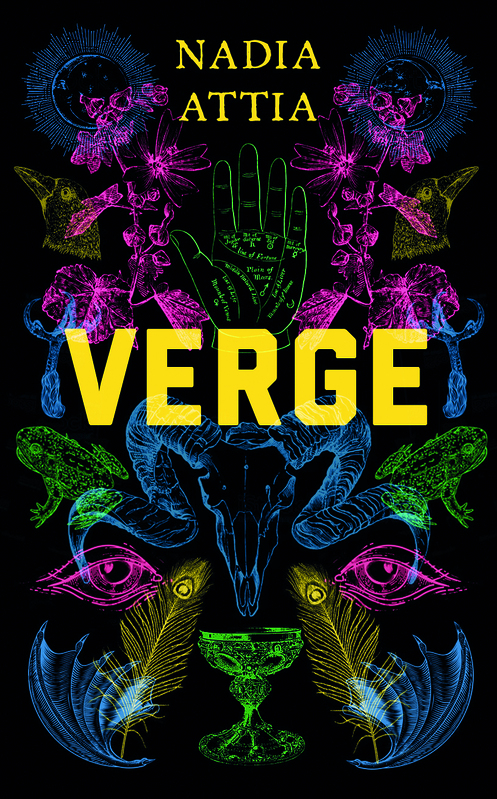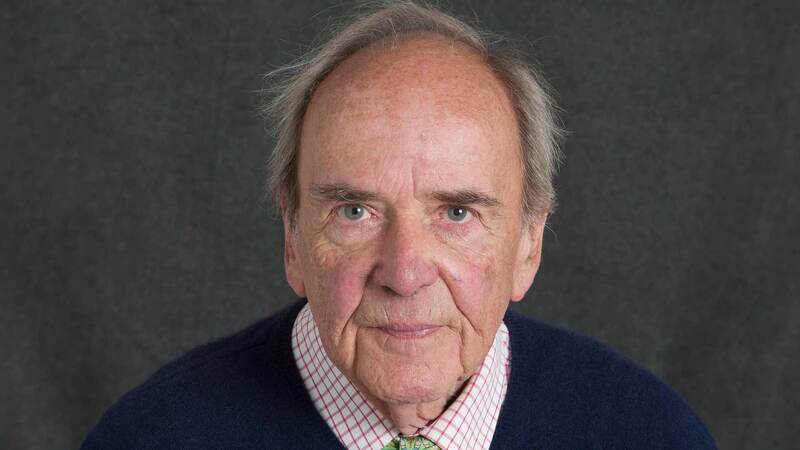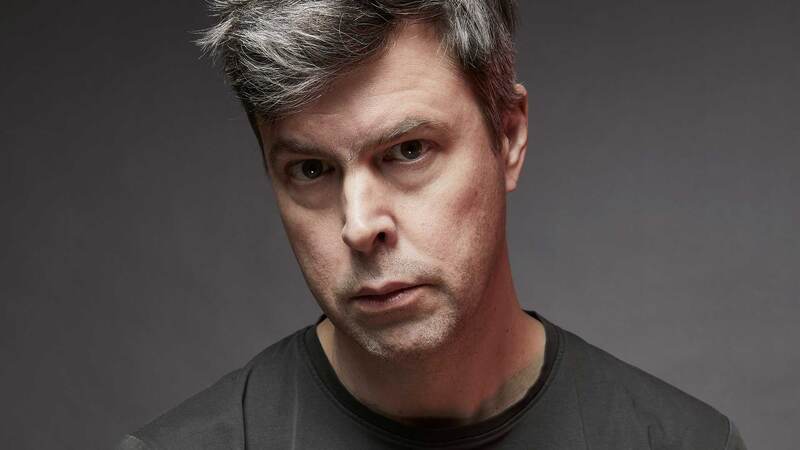You are viewing your 1 free article this month. Login to read more articles.
Nadia Attia in conversation about her debut novel and the power of belief
Bristol-based writer Nadia Attia discusses her first novel Verge, a tale of the supernatural in a divided Kingdom.
"It was inspired by Brexit,” Nadia Attia says of her début novel Verge, as she speaks over Zoom from her home in Bristol. “I was a bit angry and sad about the situation that we found ourselves in and this really strong sense of ‘them and us’, which then bred xenophobia and racism.”
Verge’s message seems increasingly prescient, a call for unity and attention to the environment against the backdrop of ecological disaster, economic decline and social division. Yet, amid the timeliness of the novel, Attia explains it’s not dystopian—it’s “not just doom and gloom”—but speculative, containing traces of the supernatural while also being “really grounded”. “I’ve really tried to balance the light and the dark and not be too didactic,” she says, adding: “I want it to be realistic, not just some polemic on politics and society. It’s about finding yourself by letting go, leaning in and reaching out to others.”
I feel in modern society, we have probably lost that quite a lot because we are all in our little high-rise tower blocks or locked in our little boxes
The novel is set in the Kingdom, an alternative version of England, where counties are self-governing and fenced in by hard borders. Rowena’s father has died, killed, it appears, by the curse she was born with. At her wits’ end, Rowena is sent away by her mother to find her grandmother, a healer who can lift the curse before it “settles” on her 18th birthday, which is only a few months away. She is sent with Halim, an Egyptian labourer who lives acquiring farm work across counties, and the two set out on a road trip to Culcrith, in the hope of saving Rowena’s life. The journey is far from smooth: the pair are waylaid by border crossings, racist encounters, horrific weather, magical occurrences and injury. Yet as events begin to spiral, Rowena and Halim learn to depend on and love each other as it becomes clear that all is not, and was never, as it seemed.
The journey brings to the fore Attia’s other, Emily Brontë-esque protagonist—the landscape. “I felt like, if anything, the landscape is sort of a character in itself.” As the state fails, the land resumes its ancient role of primary caregiver and provider, as people “do more extreme things to survive and rely on old ways, whereas before they were relying on the state”. The “old ways”, for Attia, mean community, “respecting nature in the environment and giving thanks for what the land is giving you”. Elements of superstition and folklore can help re-establish our relationship with the environment: “You’ve got the general, ‘Don’t curse me, don’t do evil, let’s banish the bad spirits and the evil eye.’ Then on the other side, you’ve got thankfulness to mother nature and giving thanks to the land.” Although there are no “wizards and wands” in Verge, there is magic, but magic in a subtler guise. “It’s the power of belief, that’s the magic”.
There is a real dichotomy between the people who have access to the countryside, the privileged few, and everyone else
We see these beliefs played out, for good and bad, during Beltane, a Gaelic festival marking the end of spring and the beginning of summer; the Flora Dance, celebrating the passing of winter; and the summer solstice. Reticent at first, Halim finds the celebrations overwhelming, the opposite of his privileged upbringing which prized the individual above the group, a sentiment reflecting our own lost connection to the collective. The “old ways” bring the “community spirit back”, Attia says, “whereas I feel in modern society, we have probably lost that quite a lot because we are all in our little high-rise tower blocks or locked in our little boxes.”
The pandemic brought this disconnect into sharp focus, highlighting who has access to land beyond cities. Attia is acutely aware of the land ownership disparity, citing the right to roam initiative—a campaign based upon the de-privatisation of Britain’s land—as a way to reclaim the landscape for all. “We can’t enjoy our landscape and the countryside,” she explains, “and there’s a massive division in social background and ethnicity, because a lot of the people who live in cities, they can’t get out to the countryside. There is a real dichotomy between the people who have access to the countryside, the privileged few, and everyone else.”
Extract
Her mother’s voice cuts through, making Rowena sit up in the hard kitchen chair. Even the highland lilt that’s lingered since childhood can’t soften Tessa Murray’s words: ‘You did this. That curse of yours has become a danger.’
Rowena opens her mouth to reply—'The day you were born two hundred and fifty starlings dropped out of the sky and slammed into the main road.’ Tessa lights the grease-thick burner on the stove. ‘The lucky ones died on impact. The villagers had to rake up all the little bodies and burn them. If that’s not a bad omen I don’t know what is.’
Yet, as with the novel, there is light in the dark and Attia smiles broadly when asked about the novel’s publication. “Nothing ever feels real, it’s really weird,” she grins. Début excitement has not stopped the creative cogs from turning. A second novel is in development, inspired by Pamela Colman Smith, illustrator of the Rider-Waite tarot deck, and set in a “vague” area near Bath. Even though progress is slow, writing in “scraps” around work as a talent executive at the British Film Institute for the south-west and house renovations, Attia is excited at the prospect of her next “rural-tinged” novel. “I just need to hone it, then knock it down and get on!”












